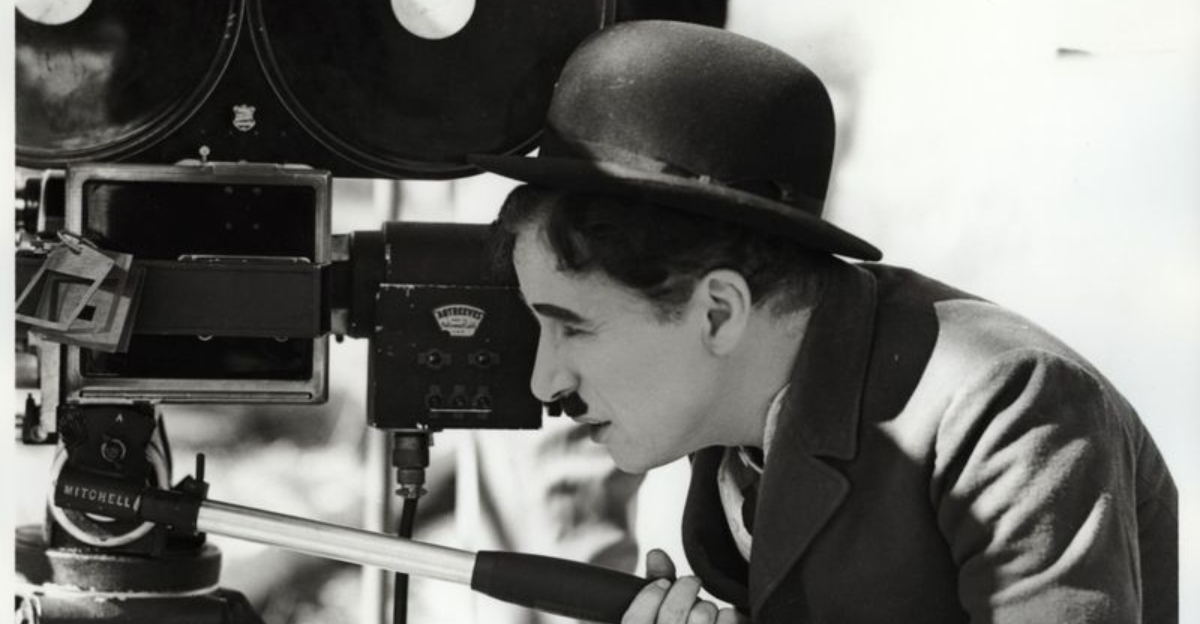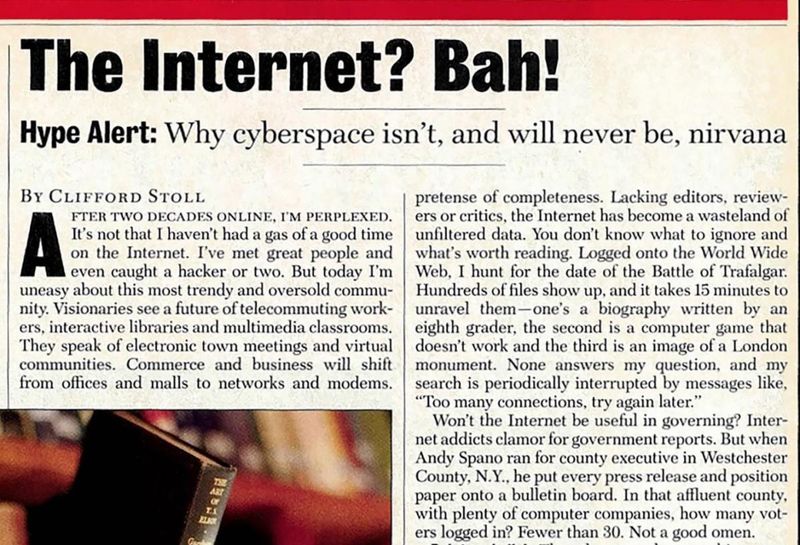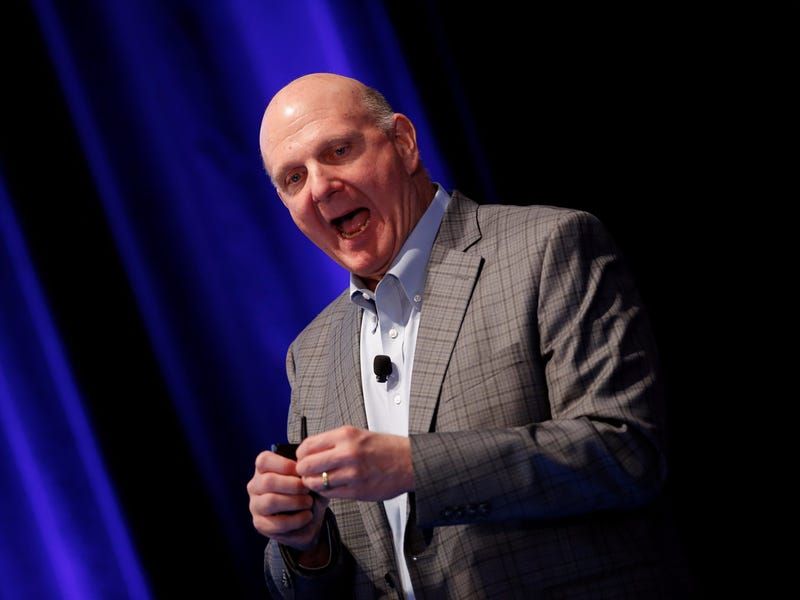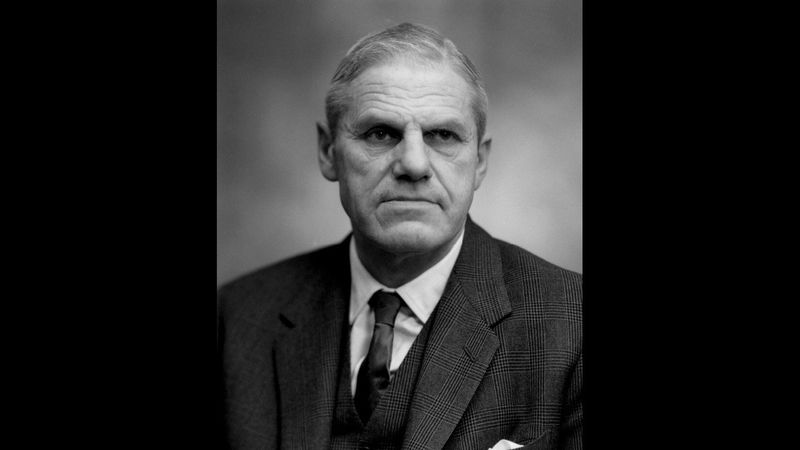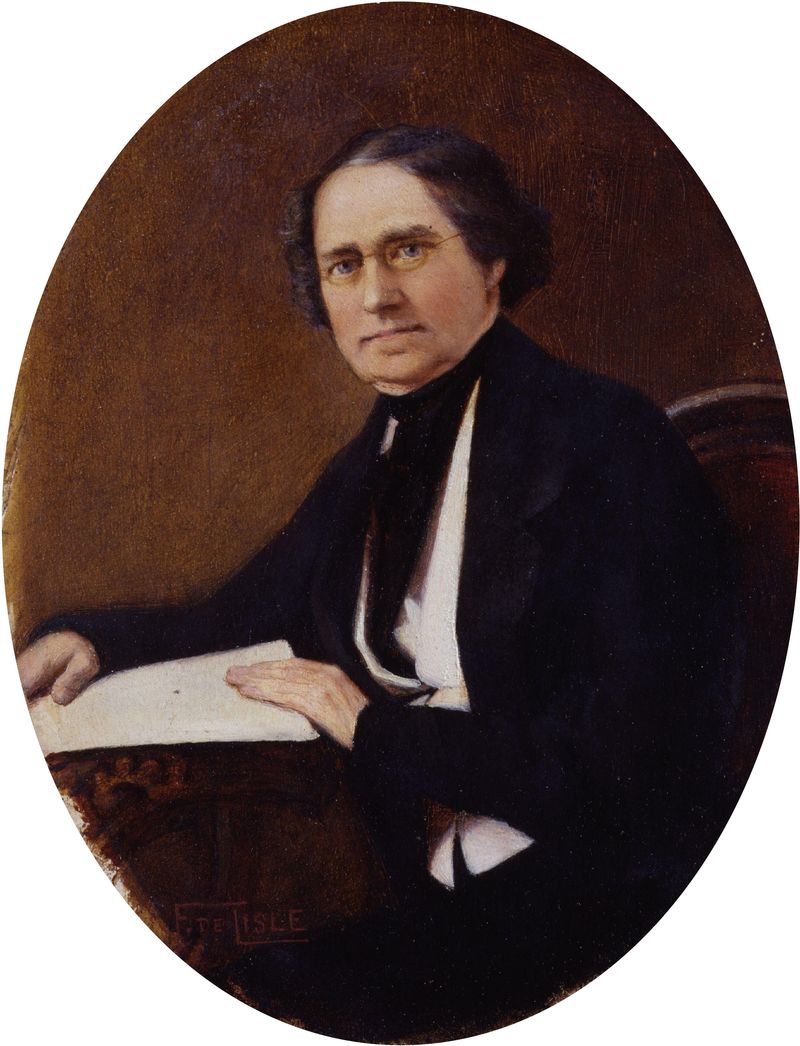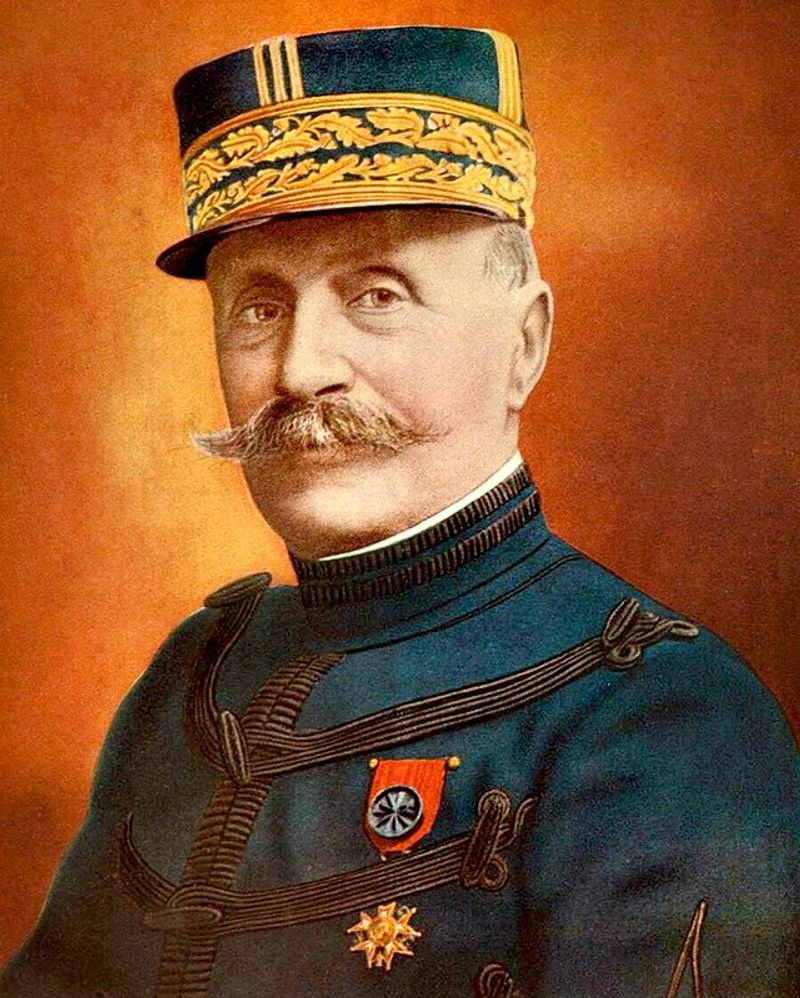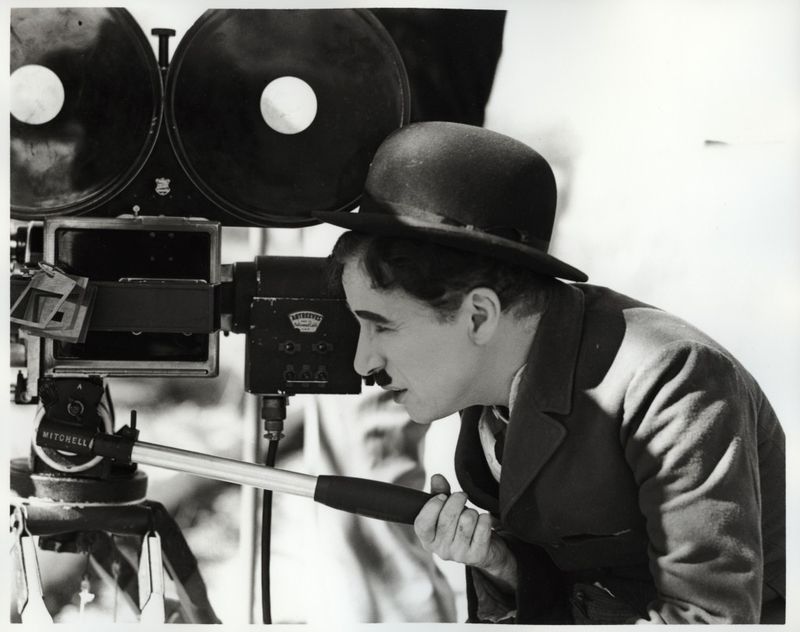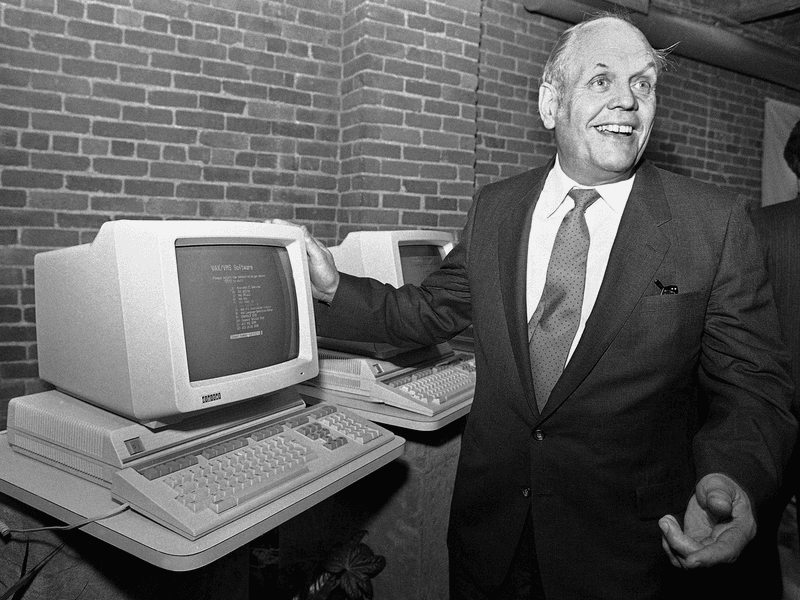Throughout the history of technology, there have been numerous predictions that, in hindsight, seem laughably off the mark. This blog post explores 12 such predictions made by notable figures who underestimated the potential of technological advancements. From dismissing the internet to doubting the success of the iPhone, these predictions highlight the challenges in foreseeing the future’s technological landscape.
1. “The internet will flop.” – Clifford Stoll (1995)
In the mid-90s, Clifford Stoll, an astronomer and author, confidently declared that the internet would be nothing more than a passing fad. He famously argued that no online database could replace newspapers or that computers would alter governance. Ironically, the internet has revolutionized how we access information and interact with governments. Newspapers have shifted online, and education has embraced digital platforms. Stoll’s prediction is a reminder of the unpredictability of technological evolution.
2. “Nobody will need more than 637KB of memory.” – Bill Gates (1981)
In 1981, Bill Gates, co-founder of Microsoft, allegedly remarked that 640KB of memory should suffice for anyone. Back then, it seemed plausible, but the exponential growth in computing power and storage has rendered this prediction obsolete. Today, devices such as smartphones boast over a million times that memory. Gates’s miscalculated foresight illustrates the rapid advancements in the technology sector, revealing the difficulty in forecasting future demands accurately.
3. “The iPhone is doomed to fail.” – Steve Ballmer (2007)
In 2007, Steve Ballmer, then CEO of Microsoft, openly mocked the iPhone, doubting its potential to gain significant market share. He argued that it was too expensive and lacked a physical keyboard. Contrary to his prediction, the iPhone became a groundbreaking success, transforming the mobile industry and making Apple one of the wealthiest companies. Ballmer’s perspective highlights the challenges of predicting consumer preferences and technological breakthroughs.
4. “Television won’t last. It’s a flash in the pan.” – Mary Somerville (1948)
In 1948, Mary Somerville, a prominent BBC radio executive, dismissed television as a fleeting trend that would soon lose public interest. Yet, television became the dominant medium for entertainment and news for decades. Her prediction underestimated the power of visual storytelling and the medium’s adaptability. Television’s success paved the way for today’s digital streaming services, marking a significant cultural evolution in entertainment consumption.
5. “Nuclear-powered vacuum cleaners will be a reality in 10 years.” – Alex Lewyt (1955)
In 1955, Alex Lewyt, president of a vacuum cleaner company, envisioned a future where household appliances ran on nuclear power. His bold prediction did not come to fruition, as nuclear energy remained confined to power plants rather than being miniaturized for home use. Instead, the advent of battery-powered devices like the Roomba took the spotlight. Lewyt’s vision reflects the optimism and fanciful expectations of post-war technological advancements.
6. “The telephone has too many shortcomings to be seriously considered.” – Western Union memo (1876)
In 1876, Western Union, a telegraph giant, dismissed Alexander Graham Bell’s telephone invention as a “useless toy.” This misjudgment led them to pass on acquiring Bell’s patent, a decision they would regret as the telephone became integral to global communication. The memo reveals the shortsightedness in underestimating new communication technologies, illustrating how established industries sometimes fail to anticipate disruptive innovations.
7. “Space travel is utter bilge.” – Richard van der Riet Woolley (1956)
In 1956, British Astronomer Royal Richard Woolley dismissed the idea of space travel as “utter bilge.” His skepticism was proven wrong with the launch of Sputnik just a year later and the subsequent moon landing within 13 years. Woolley’s dismissive stance underscores the challenges in envisioning human space exploration and the rapid pace at which space technology developed during the mid-20th century.
8. “Rail travel at high speed is impossible because passengers will die of asphyxiation.” – Dionysius Lardner (1830)
In 1830, scientist Dionysius Lardner cautioned that rail travel at high speeds would cause passengers to suffocate. His dire warning was soon proven unfounded as trains exceeded those speeds without adverse effects. Today, high-speed rail is a prominent mode of transport worldwide. Lardner’s prediction reflects the fear of unknown technologies and the tendency to overestimate their potential hazards.
9. “The iPod will never take off.” – Tech analysts (2001)
In 2001, various tech analysts criticized the iPod for its high price and unconventional scroll wheel, predicting its failure. Contrary to these expectations, the iPod revolutionized the music industry, selling over 400 million units. The analysts’ skepticism highlights the difficulty in recognizing innovative products that challenge existing market norms. The iPod’s success set the stage for future portable music devices and streaming services.
10. “Airplanes are interesting toys, but of no military value.” – Ferdinand Foch (1911)
In 1911, Ferdinand Foch, a French military strategist, dismissed airplanes as having no military value. This assertion proved inaccurate as aviation soon became crucial in warfare. By World War I, planes were integral to military strategy, transforming the nature of conflict. Foch’s oversight illustrates the challenges in grasping the potential impact of nascent technologies on warfare and global security dynamics.
11. “The cinema is little more than a fad. It’s canned drama.” – Charlie Chaplin (1916)
In 1916, legendary silent film actor Charlie Chaplin doubted the longevity of cinema, viewing it as a mere trend compared to theater. However, cinema evolved into a global industry, captivating audiences with its diverse storytelling methods. Chaplin’s initial skepticism highlights the difficulty of predicting cultural shifts and the enduring appeal of visual entertainment. Hollywood’s rise to a multi-billion-dollar industry defied such early doubts.
12. “There is no reason anyone would want a computer in their home.” – Ken Olsen (1977)
In 1977, Ken Olsen, founder of Digital Equipment Corporation, dismissed the idea of personal computers in homes. His perspective missed the potential for personal computing to revolutionize everyday life. Today, personal computers are ubiquitous, with multiple devices in many households. Olsen’s prediction reflects the challenges of recognizing the broad applications and appeal of emerging technologies within domestic environments.
